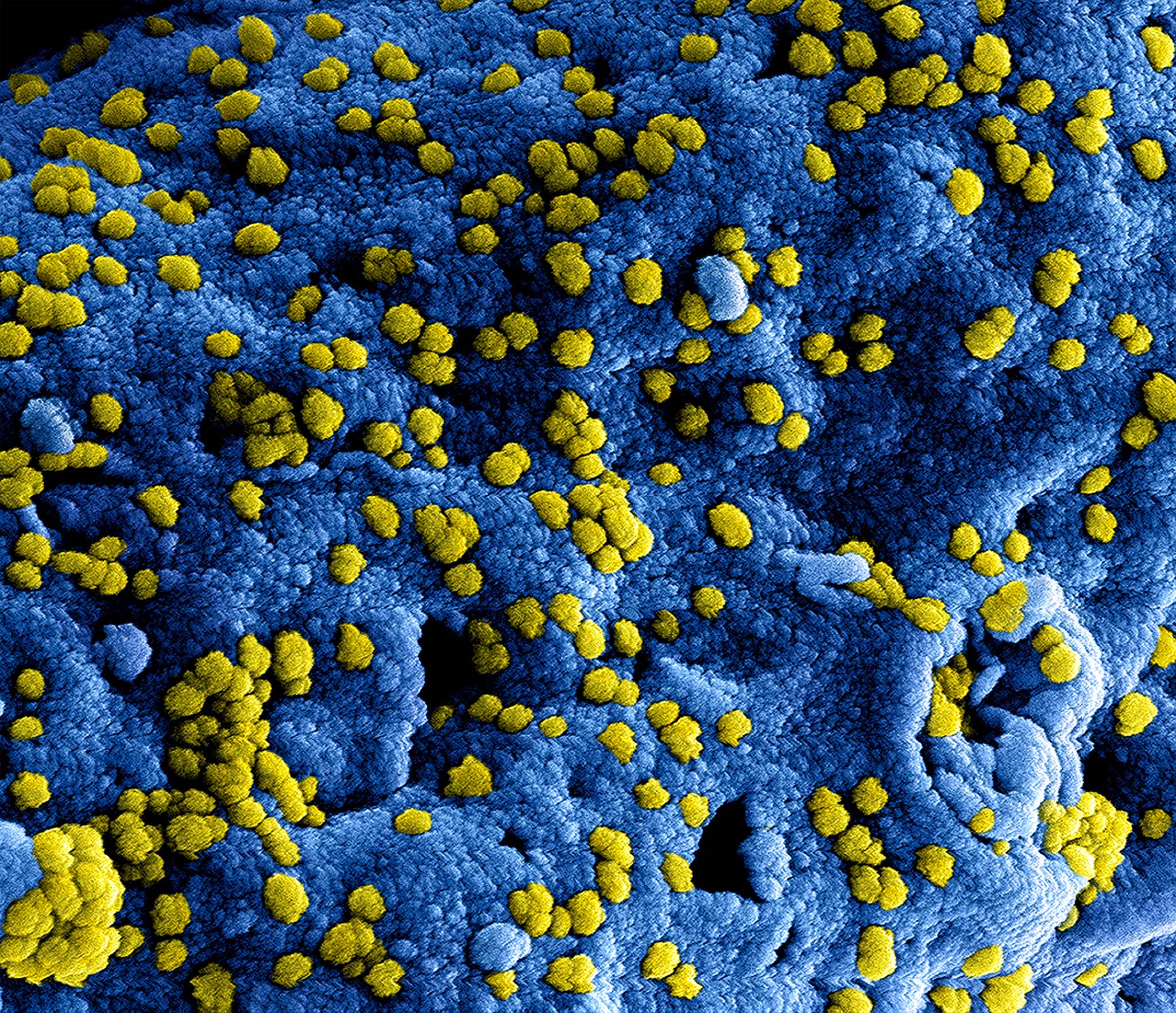
A 71-year-old national is undergoing treatment at a Qatar hospital after being diagnosed with Middle East Respiratory Syndrome. The man, who has diabetes, is the first patient to suffer from a confirmed case of MERS in the country since last November.
According to QNA, the patient became ill when he was visiting Saudi Arabia. He was traveling by road near Al-Ahsa (close to the Qatar-Saudi border) and fell sick and had to be hospitalized. The report continues:
“Patient was then transferred to Qatar by the Air Ambulance and the national protocol of MERS CoV for quarantine and isolation was activated…
Health education about appropriate preventive measures was given to the contacts along with close follow-up for any symptoms. Infection prevention and control measures in all health facilities have been re-enforced by the (Supreme Council of Health).”
Slowing down
Worldwide, there have been 853 laboratory-confirmed cases of infection with MERS, including at least 301 related deaths, according to the World Health Organization’s latest update on the virus in early October.
But cases of MERS, which causes respiratory problems, have become few and far between after a regional surge in April.
Inside Qatar, eight people have thus far been diagnosed with MERS since the illness was discovered two years ago, and four of those patients have died.
Additionally, a Qatari man diagnosed in 2012 in the UK died in London last July. There have been no new confirmed cases here since November 2013.
However, WHO said recently that a Saudi woman with MERS had flown from Doha to Vienna in September. The woman, who had been on a Qatar Airways flight, may have been contagious at the time.

MERS is a viral respiratory illness, and can spread when an infected person coughs or sneezes. Symptoms include fever, coughing, sore throat and in some cases, diarrhea.
To reduce the risk of infection, the SCH has advised people with chronic diseases or who are immuno-compromised to avoid close contact with farm animals.
Anyone with questions or symptoms can call the SCH’s dedicated MERS hotline: +974-6674 0951.
Thoughts?







